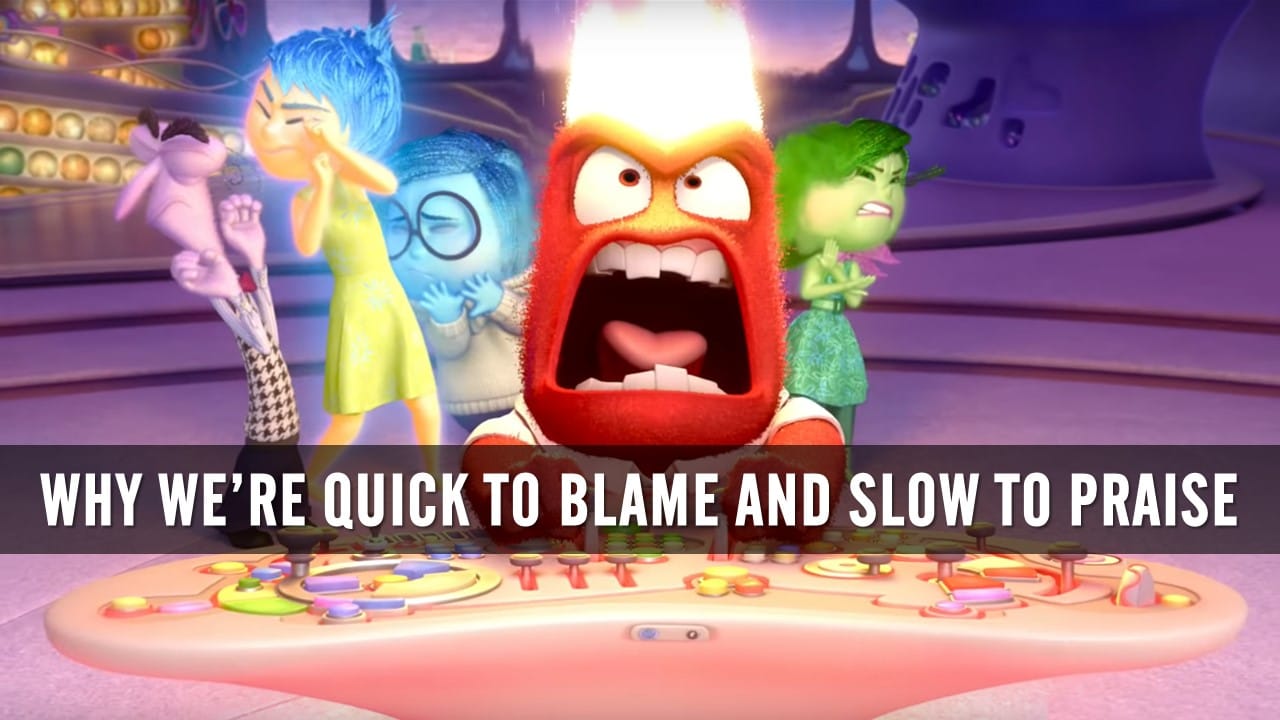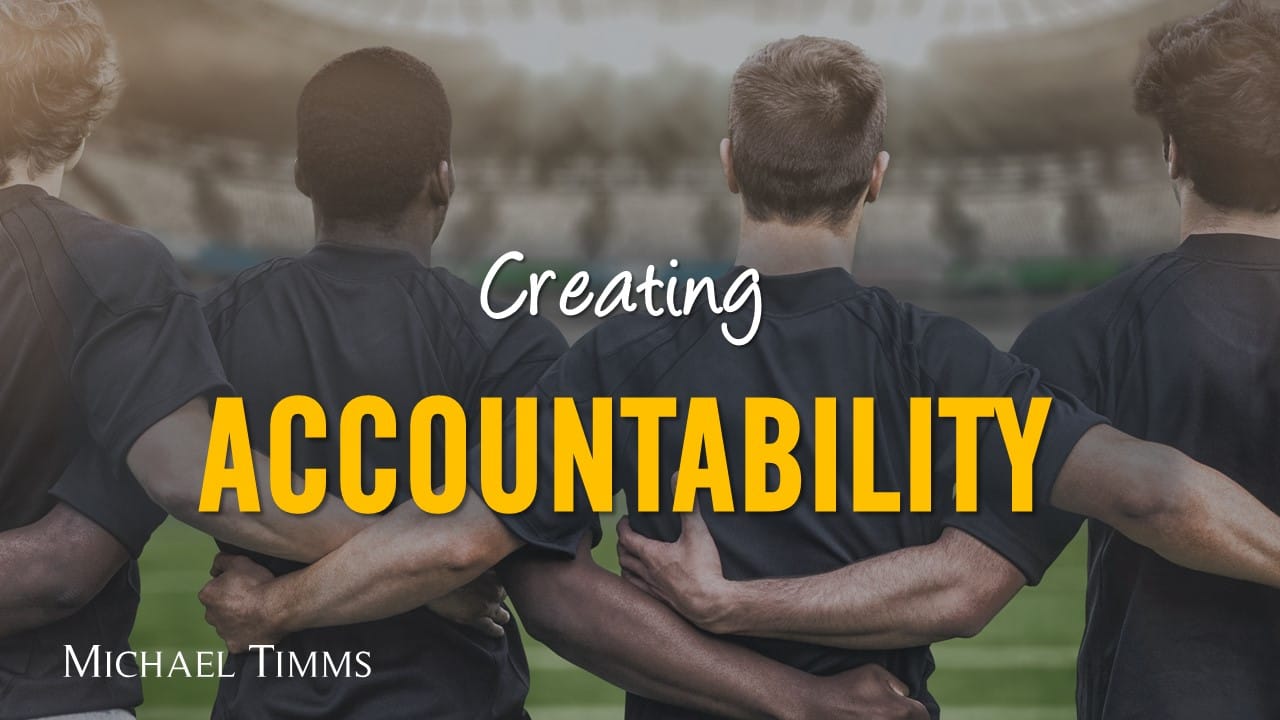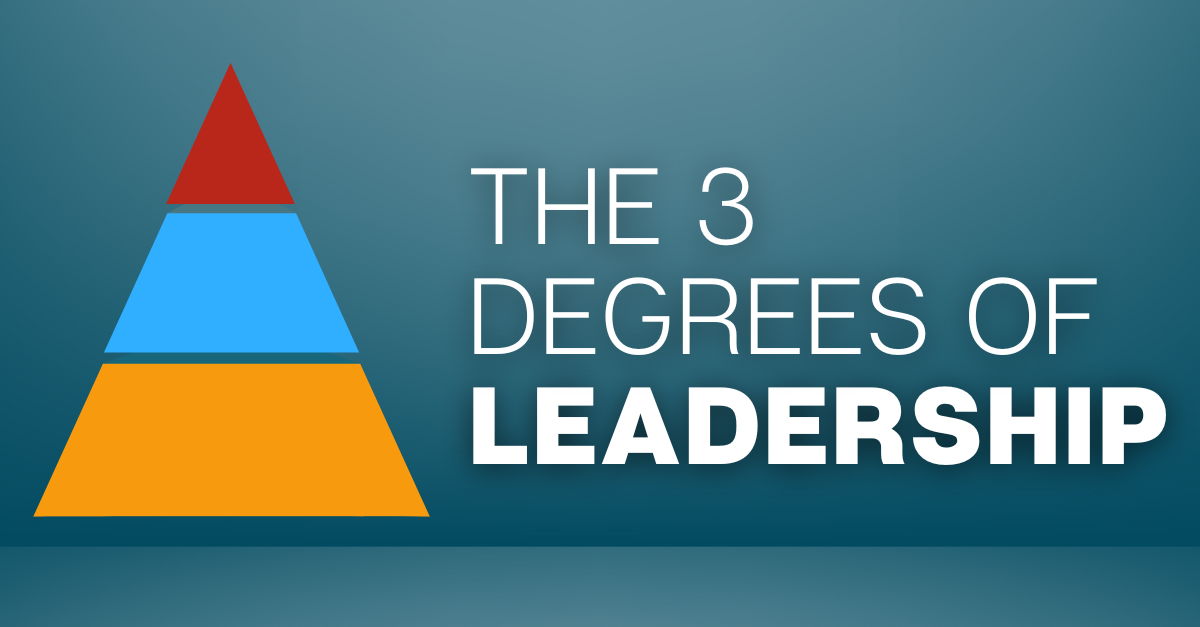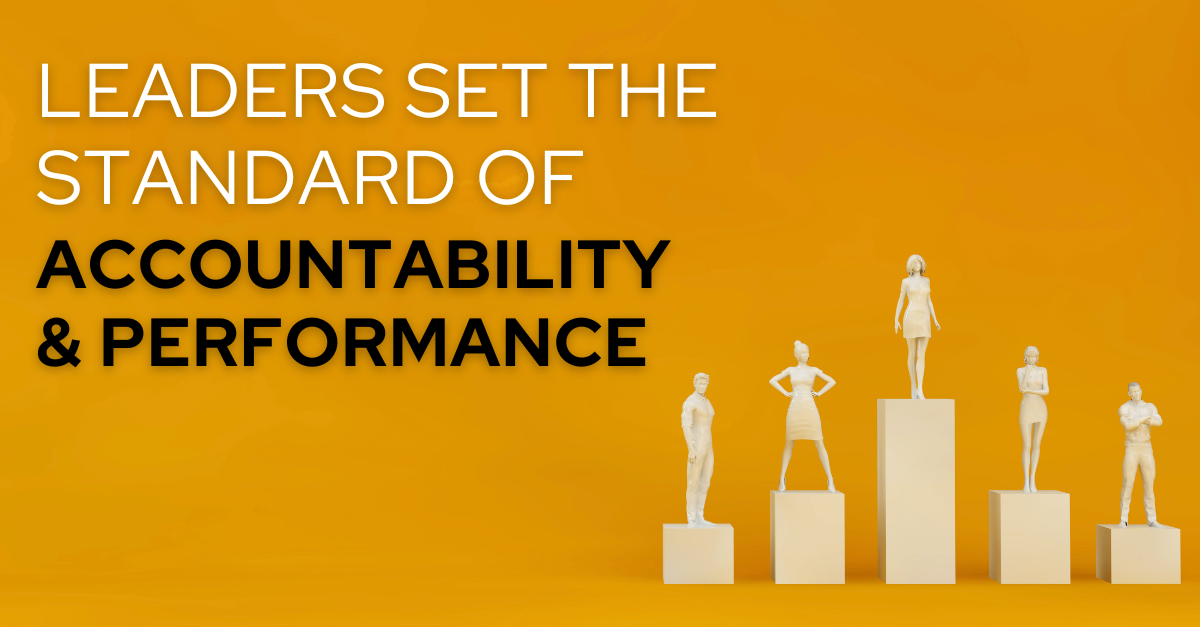I once worked with a VP of Operations who found it nearly impossible to praise the people who reported to him for doing good work. Don’t get me wrong, he was a super nice guy. In fact, he possessed the rare combination of a good natured, humble personality and an almost genius level IQ. But no matter how big the problem his people solved, or what incredible feat they accomplished, he couldn’t bring himself to give his staff any verbal affirmation.
Whether we’re as parsimonious with praise as my former co-worker or not, few people are guilty of doling out too much praise, especially at work.
On the other hand, when things go wrong, most of us, me included, have an almost knee-jerk reflex to find the person closest to the problem and blame them for it.
Over the last 50 years or so, psychologists have catalogued a laundry list of psychological biases that contribute to this almost universal tendency to blame quickly and praise slowly. But as it turns out, we aren’t just psychologically wired to blame, we’re also physically wired to blame.
Physiological Wiring
Recent brain imaging research out of Duke University has shown that when we witness an event, we decide whether it was intentional or not in two different areas of the brain. Bad events are processed by the emotional part of the brain. Good events are processed by the rational part of the brain.
Negative events immediately trigger the amygdala which controls the fight or flight response. When the amygdala gets to decide if the event was intentional or not, it only has one option to choose from—the big red button labeled “The jerk did it on purpose!” (For those of you who have seen the animated movie Inside Out, just picture Anger when he’s at the controls).
Because the amygdala seems to only have one option to chose from when deciding if something was intentional, it’s able to reach that conclusion lightening fast. So fast, in fact, that we are often unaware that a decision was made; we just know the jerk did it on purpose.
Positive events, on the other hand, are processed by an entirely different part of the brain—the prefrontal cortex. The prefrontal cortex acts like the brain’s attorney. When we witness events that produce a positive outcome, our brain asks its attorney for it’s considered opinion on whether the act was intentional. The prefrontal cortex’s answer is always “It depends.”
The prefrontal cortex then proceeds to do a thorough analysis of the facts, which, of course, takes a while. And when it finally reaches a verdict, it tends to assign good intentions sparingly. The prefrontal cortex tends to conclude that positive outcomes happened by chance, not because people are good, smart, or hard-working.
This is why we can assign fault and blame quickly and frequently, but we have to think long and hard before we decide to give praise.
Watching How Our Brains Work
Researchers made this discovery by hooking up participants to a brain imaging fMRI scanner and watched which parts of the brain lit up when they listened to scenarios such as this:
“The CEO knew the plan would harm the environment, but he did not care at all about the effect the plan would have on the environment. He started the plan solely to increase profits. Did the CEO intentionally harm the environment?”
Most participants say “yes” at the same time the fMRI machine showed their amygdala lit up.
When the brain perceives something bad, it routes the information to be processed by the amygdala. And, of course, the amygdala always concludes that whoever was behind it did it on purpose.
Researches then changed a single word in the scenario and watched what happened.
“The CEO knew the plan would help the environment, but he did not care at all about the effect the plan would have on the environment. He started the plan solely to increase profits. Did the CEO intentionally help the environment?”
Here, most participants say “no” while the fMRI machine showed higher activity in the prefrontal cortex.
When the brain perceives something good, it routes the information to be processed by the prefrontal cortex. The prefrontal cortex tends to conclude that whoever was behind it did not do it on purpose.
Our brain is wired to conclude that good things happen by fluke, and bad things happen on purpose.
Notice How You Interpret People’s Intentions
This means that when someone cuts us off in traffic, our brain routes the decision of how to respond to the amygdala which already has its finger on the big red “The jerk did it on purpose!” button. Not surprisingly, we tend to react accordingly by yelling at them or using sign language to communicate our outrage.
However, when we’re trying to change lanes in tight traffic and a spot opens up for us, our brain routes the information to the prefrontal cortex to determine if someone let us in on purpose or if they just weren’t paying attention and didn’t close the gap before we sneaked in. We may give a courtesy wave regardless, but our brain’s attorney is still analyzing the facts to determine whether to press the “feel gratitude” button or the “feel smug” button when our phone rings to divert its attention elsewhere.
This is a profound discovery. It appears that the physical mechanics of how our brain processes negative events is the reason for our natural bias to blame first and ask questions later. This is why it is so hard for us to give others the benefit of the doubt. You’re not only fighting your psychological instincts; you’re fighting the actual physiology of your brain.
The next time you feel the instinct to blame, remember that what you’re really feeling is your amygdala with its finger on the big red “The jerk did it on purpose!” button.
For more on this topic, check out my Creating Accountability Workshop Series:








2 Responses
Interesting tidbit. It’s taken me years to realize that if I just stop taking things so personally, I don’t get angry or criticize so often. Most of the time, “It’s not about me.” So the jerk that cut me off in traffic wasn’t paying attention. It’s not about me.
On the other hand, if I just appreciate the things that others do that make a positive impact, regardless of how small, it helps build good relationships. I make a point of thanking or acknowledging co-workers for the tasks that they do that help me out. Even though it was their job, it enabled me to complete my task. For some reason, that’s easier to do than “praise”, but being appreciated feels good.
Good point Michele. I think showing gratitude counts as praise. It reinforces the behavior you want, so it does the same thing.